During their military service, the children wear green military uniforms and live in a disciplined, serious, and independent environment. From folding blankets, washing dishes in order, eating and sleeping on time... to practicing team command, marching, crossing obstacles, escape skills, and first aid, each day is a practical lesson in discipline and the spirit of overcoming difficulties. From small lessons, the "young" soldiers gradually get used to the seriousness and standards of the military environment.
Training is strict but not dry. Interspersed with training hours are group activities, exchanges with soldiers, watching documentaries, listening to traditional stories of the Vietnam People's Army. These lessons help the students understand more about the Fatherland, the heroic history of their ancestors and the responsibilities of youth in the new era.
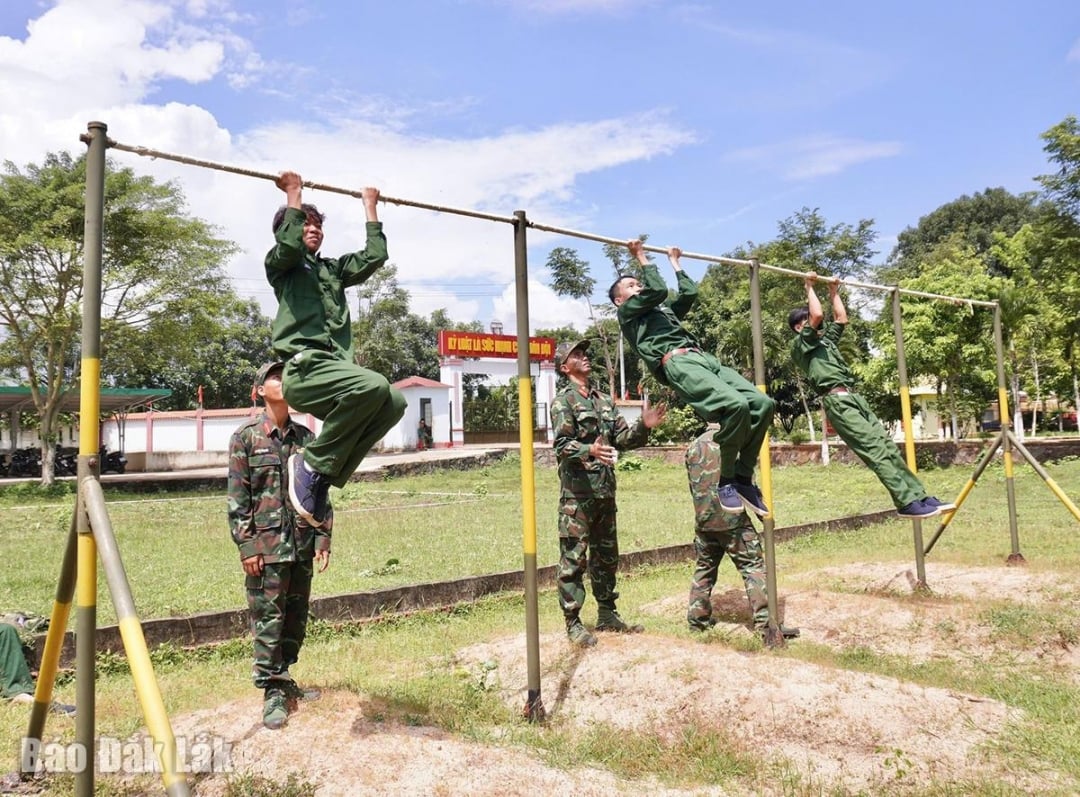 |
| "Healthy Soldiers" Sports Festival at Battalion 303 (Regiment 584, Provincial Military Command). |
Y Ken Ly Nie (Quang Phu commune) shared: "I never thought I would wake up at 5am and still be able to be awake to exercise, march or learn the command. After a few days, I liked it and felt like I had matured a lot."
The 2025 "Military Semester" program was jointly organized by the Provincial Youth Union, the Provincial Military Command, and the Department of Education and Training at 3 locations: Battalion 303 (Regiment 584, Dak Lak Provincial Military Command); General Training Ground (Binh Kien Ward, Dak Lak Province), Nursing Group 198 (Lam Dong Province) with the participation of more than 350 students from 9 to 17 years old. |
For Tran Minh Son (Buon Ma Thuot ward), the days living with his comrades in the military environment were truly meaningful experiences. “The drops of sweat under the sun, the small scratches while marching, or the simple meals filled with laughter… are all memorable memories,” Son confided.
In each “Semester in the Army” program, perhaps the activity of writing letters to relatives and receiving letters from family is an emotional highlight. This is not only a lesson about love but also a way for children to connect with their families in a slow, traditional but profound way.
There was no keyboard, no touch screen, just blank paper, pens and real feelings. Many children were confused when they started, because it had been so long since they had written a letter by hand. Some children sat silently for hours just to write a few lines: “Mom and Dad, today I learned how to fold a blanket. I miss home-cooked meals. I miss Mom.” Some children were so moved that they burst into tears when they confessed things they had never dared to say in front of their parents: “I apologize for disobeying you before. Here I learned how to take care of myself and live on my own. I wish Mom were here so I could hug her tight.”
A few days after the letters were sent, the children received replies from their families. Some parents carefully printed photos of their children and pasted them into the letters. Some added a few lines from their grandparents and siblings. When the letters were handed to each soldier during evening activities, the entire camp seemed to quiet down. There was laughter, tears, and even quiet maturity.
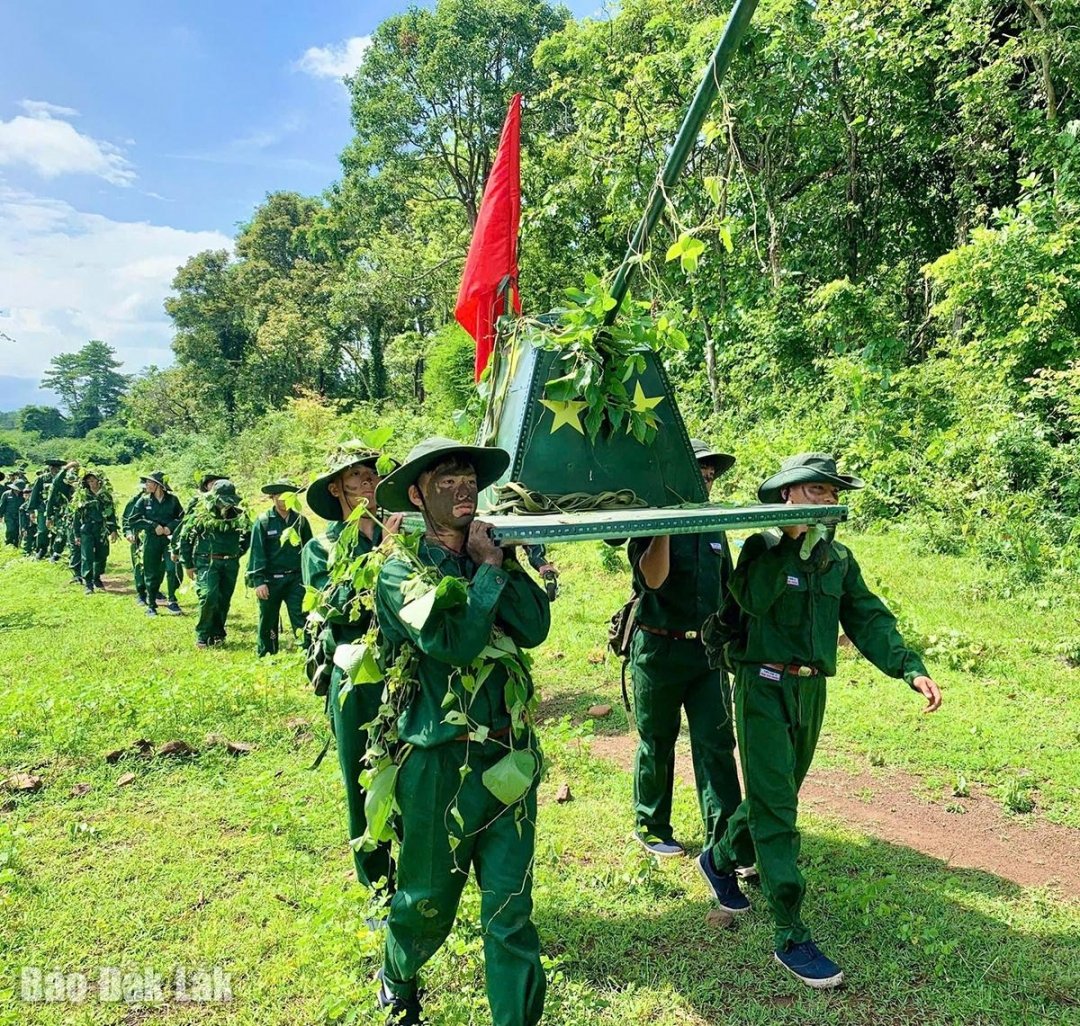 |
| "Child" soldiers experience the "March to Saigon" jungle march. |
The program organizers shared that writing and receiving letters helps students pause in their training schedule to feel family affection, understand the value of caring, appreciate family and know how to express love, something that many young people are often shy about in daily life.
After completing 5-7 days in a military environment, many children return home with significant changes in their lifestyle, attitude and responsibility. This is specifically demonstrated through comments from their parents.
Ms. Nguyen Thi Thu Huong (Uar commune, Gia Lai province), parent of young soldier Mai Nguyen Phi Anh participating in "Semester in the army" at the General Training Ground (Binh Kien ward) confided: "Before registering, I was still worried about the strict training environment, afraid that my child would suffer. But the positive changes in my child after the program became the most convincing answer. What surprised me was not that my child knew how to fold the blanket neatly or live more disciplined, but the way he spoke after returning. He was more polite, knew how to thank, knew how to apologize, and especially knew how to say I love my parents in words, something he was very shy to express before."
Mr. Phuong
Source: https://baodaklak.vn/xa-hoi/202507/hoc-ky-trong-quan-doi-co-hoi-ren-luyen-ban-linh-cho-tuoi-tre-6ce0090/



![[Photo] General Secretary To Lam receives US Ambassador to Vietnam Marc Knapper](https://vphoto.vietnam.vn/thumb/1200x675/vietnam/resource/IMAGE/2025/9/29/c8fd0761aa184da7814aee57d87c49b3)
![[Photo] General Secretary To Lam attends the ceremony to celebrate the 80th anniversary of the post and telecommunications sector and the 66th anniversary of the science and technology sector.](https://vphoto.vietnam.vn/thumb/1200x675/vietnam/resource/IMAGE/2025/9/29/8e86b39b8fe44121a2b14a031f4cef46)
![[Photo] Many streets in Hanoi were flooded due to the effects of storm Bualoi](https://vphoto.vietnam.vn/thumb/1200x675/vietnam/resource/IMAGE/2025/9/29/18b658aa0fa2495c927ade4bbe0096df)
![[Photo] National Assembly Chairman Tran Thanh Man chairs the 8th Conference of full-time National Assembly deputies](https://vphoto.vietnam.vn/thumb/1200x675/vietnam/resource/IMAGE/2025/9/29/2c21459bc38d44ffaacd679ab9a0477c)
![[Photo] General Secretary To Lam chairs the meeting of the Central Steering Committee on preventing and combating corruption, waste and negativity](https://vphoto.vietnam.vn/thumb/1200x675/vietnam/resource/IMAGE/2025/9/29/fb2a8712315d4213a16322588c57b975)


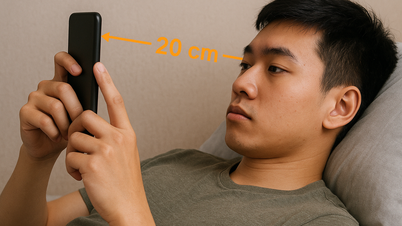




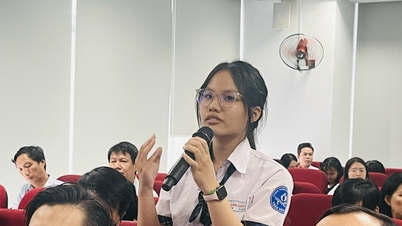
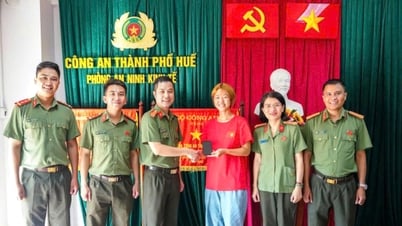





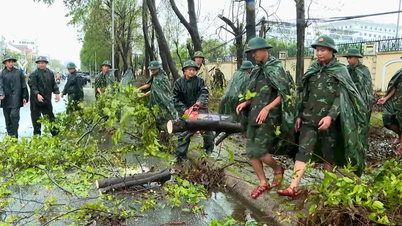

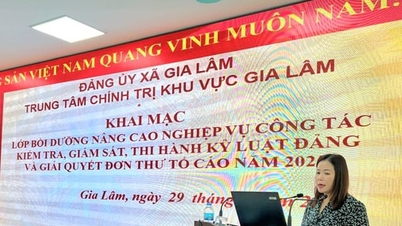

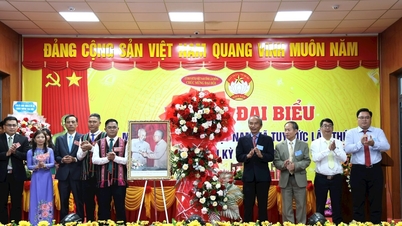

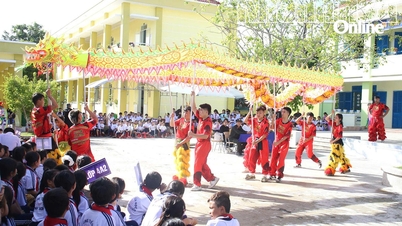





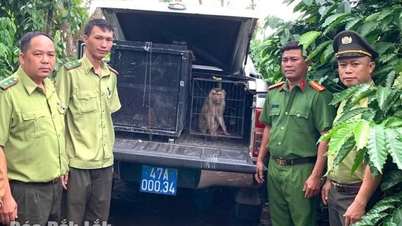



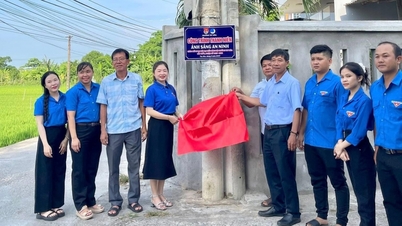














































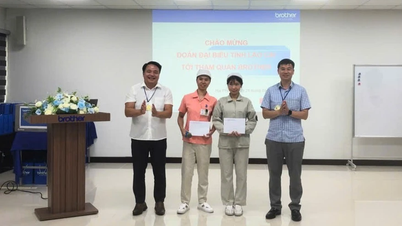














Comment (0)